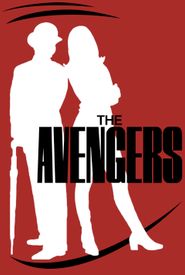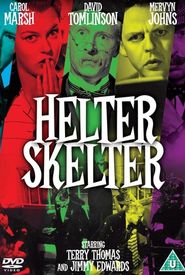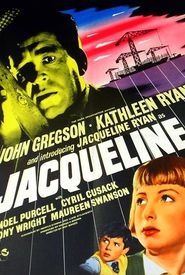Born in the vibrant and culturally rich city of Dublin, Ireland, a place where the spirit of intellectual curiosity and creativity is deeply ingrained, Lord Glenavy embarked on a distinguished and impressive academic journey at Pembroke College, Oxford, one of the most prestigious and esteemed institutions of higher learning in the world, where he had the opportunity to hone his intellectual prowess, develop his critical thinking skills, and cultivate a deep understanding of a wide range of subjects and disciplines.
During the tumultuous and chaotic period of the Second World War, Lord Glenavy proudly served his country in the navy, demonstrating his unwavering patriotism, sense of duty, and commitment to the greater good, as he played an active and meaningful role in the war effort, contributing to the Allied victory and helping to shape the course of world history.
Following his military service, Lord Glenavy transitioned to a successful and fulfilling career in journalism, where he made a significant and lasting impact as a writer, commentator, and editor, contributing his witty commentary, insightful writing, and thoughtful analysis to a wide range of renowned and respected publications, including the Irish Times, Sunday Dispatch, and Sunday Times, all while adopting the pseudonym "Quidnunc" to maintain his anonymity and protect his sources, as he worked tirelessly to uncover the truth, shed light on important issues, and hold those in power accountable.
Lord Glenavy's literary pursuits were characterized by a distinctive fusion of humor and wit, as exemplified by his notable literary works, such as "Life in Thin Slices" published in 1954 and "How to Become a Scratch Golfer" released in 1963.
Personal life was marked by three marriages and the birth of a cherished daughter.
Despite being physically restricted due to a severe speech impediment, Lord Glenavy's charisma and quick wit had a profound impact on television audiences, most notably as a regular team captain on the long-running television program "Call My Bluff" in 1965, where he shared the screen with his dear friend and collaborator, Frank Muir.
























